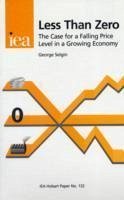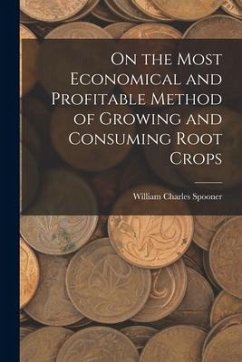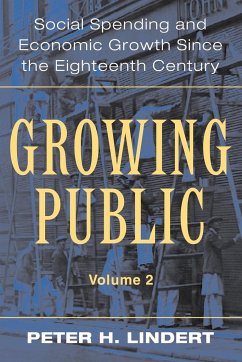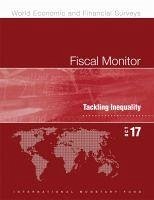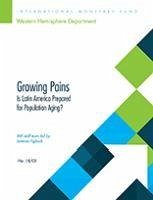
Growing Pains
Versandkostenfrei!
Versandfertig in über 4 Wochen
26,99 €
inkl. MwSt.

PAYBACK Punkte
13 °P sammeln!
This paper estimates the fiscal costs of population aging in Latin America and provides policy recommendations on reforms needed to make these costs manageable. Although Latin American societies are still younger than most advanced economies, like other emerging markets the region is already in a process of population aging that is expected to accelerate in the remainder of the century. This will directly affect fiscal sustainability by putting pressure on public pension and health care systems in the region that are already more burdened than, for example, in emerging Asia, a region with a si...
This paper estimates the fiscal costs of population aging in Latin America and provides policy recommendations on reforms needed to make these costs manageable. Although Latin American societies are still younger than most advanced economies, like other emerging markets the region is already in a process of population aging that is expected to accelerate in the remainder of the century. This will directly affect fiscal sustainability by putting pressure on public pension and health care systems in the region that are already more burdened than, for example, in emerging Asia, a region with a similar demographic structure. A stylized cross-country exercise, drawing on demographic projections from the United Nations and methodologies developed by the IMF to derive public spending projections, is used to quantify long-term fiscal gaps generated by population aging in 18 Latin American countries. Several aspects of current pensions and health care systems in Latin Amer-ica make the region's long-term fiscal positions particularly vulnerable to population aging.



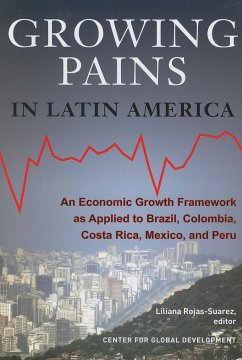
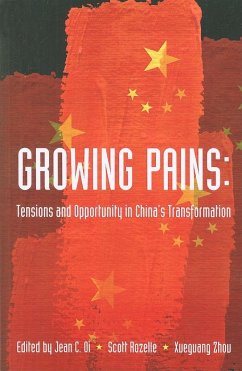



![Wheat-growing in Canada, the United States and the Argentine [microform]: Including Comparisons With Other Areas Cover Wheat-growing in Canada, the United States and the Argentine [microform]: Including Comparisons With Other Areas](https://bilder.buecher.de/produkte/64/64525/64525832n.jpg)
